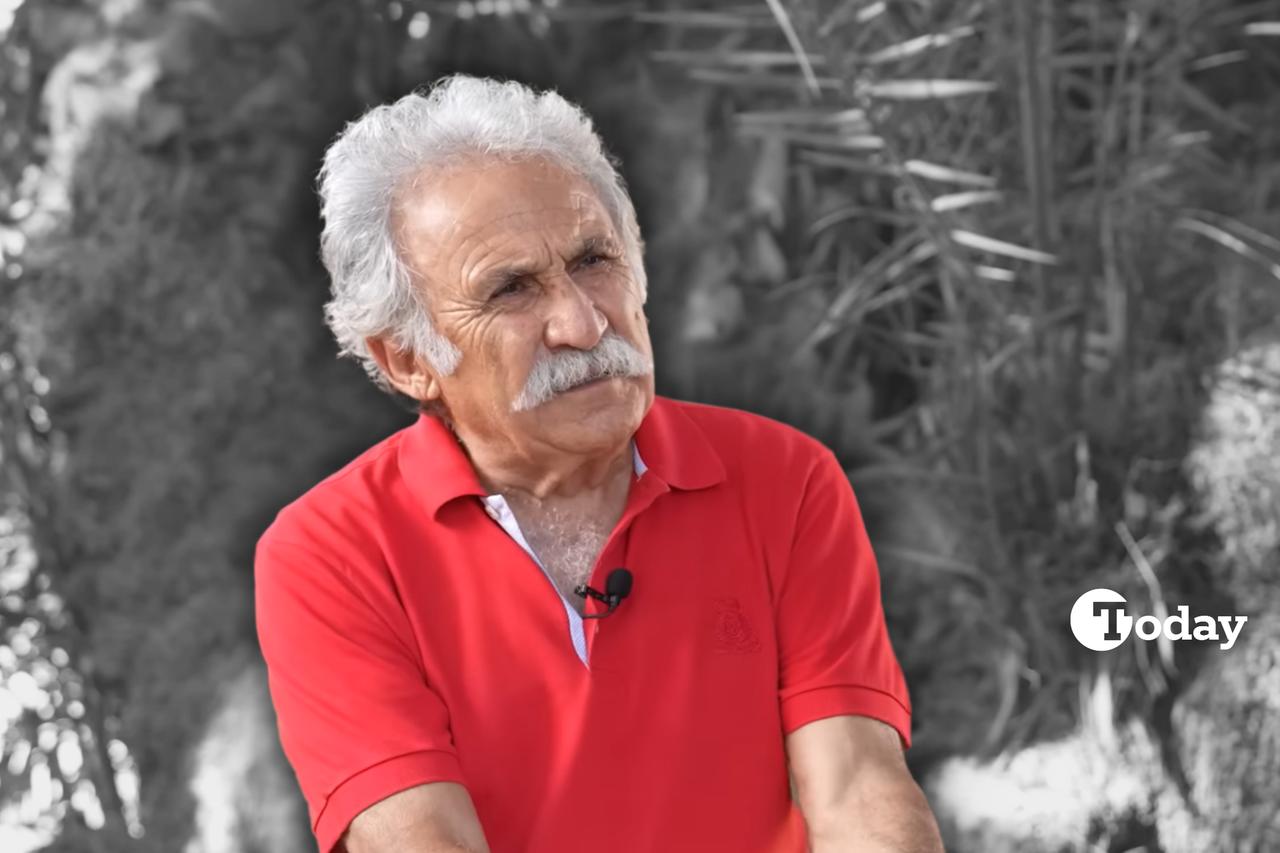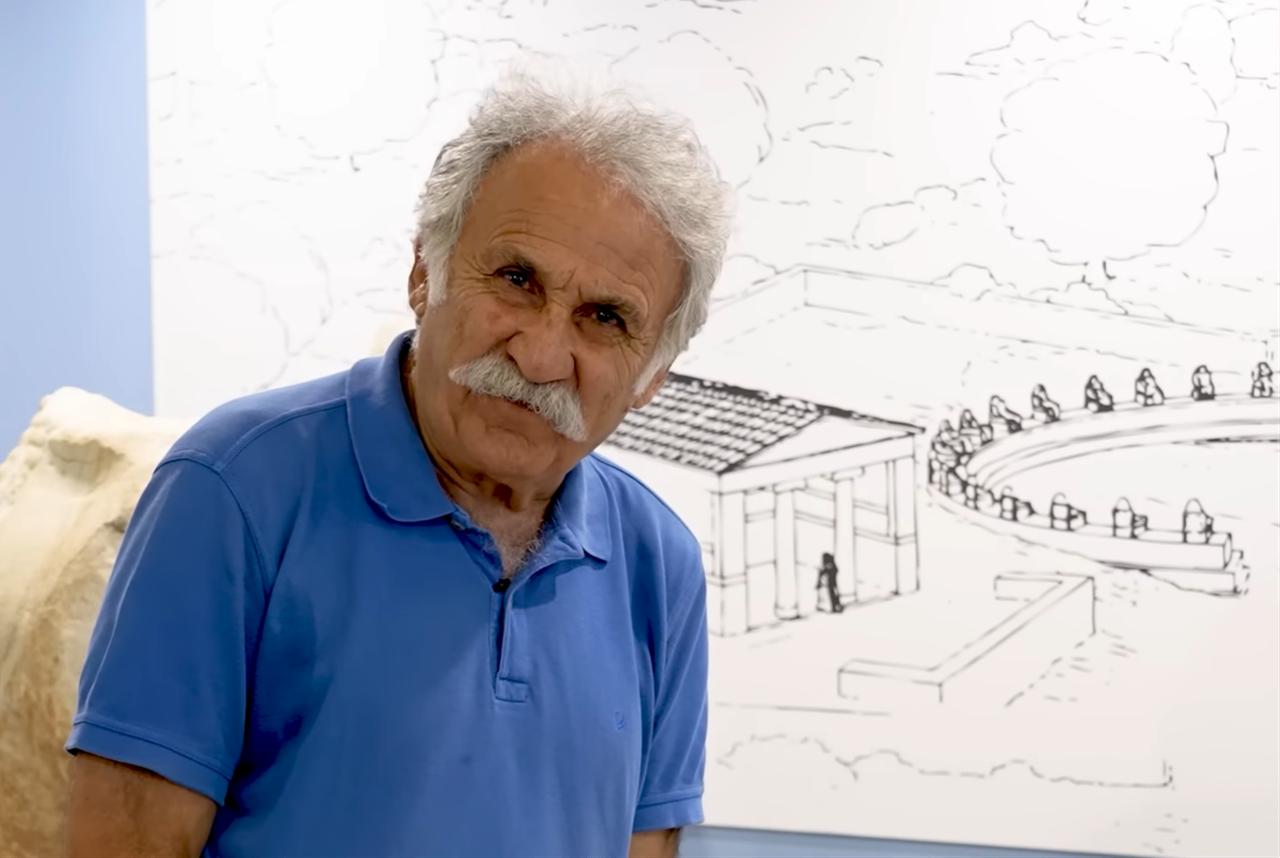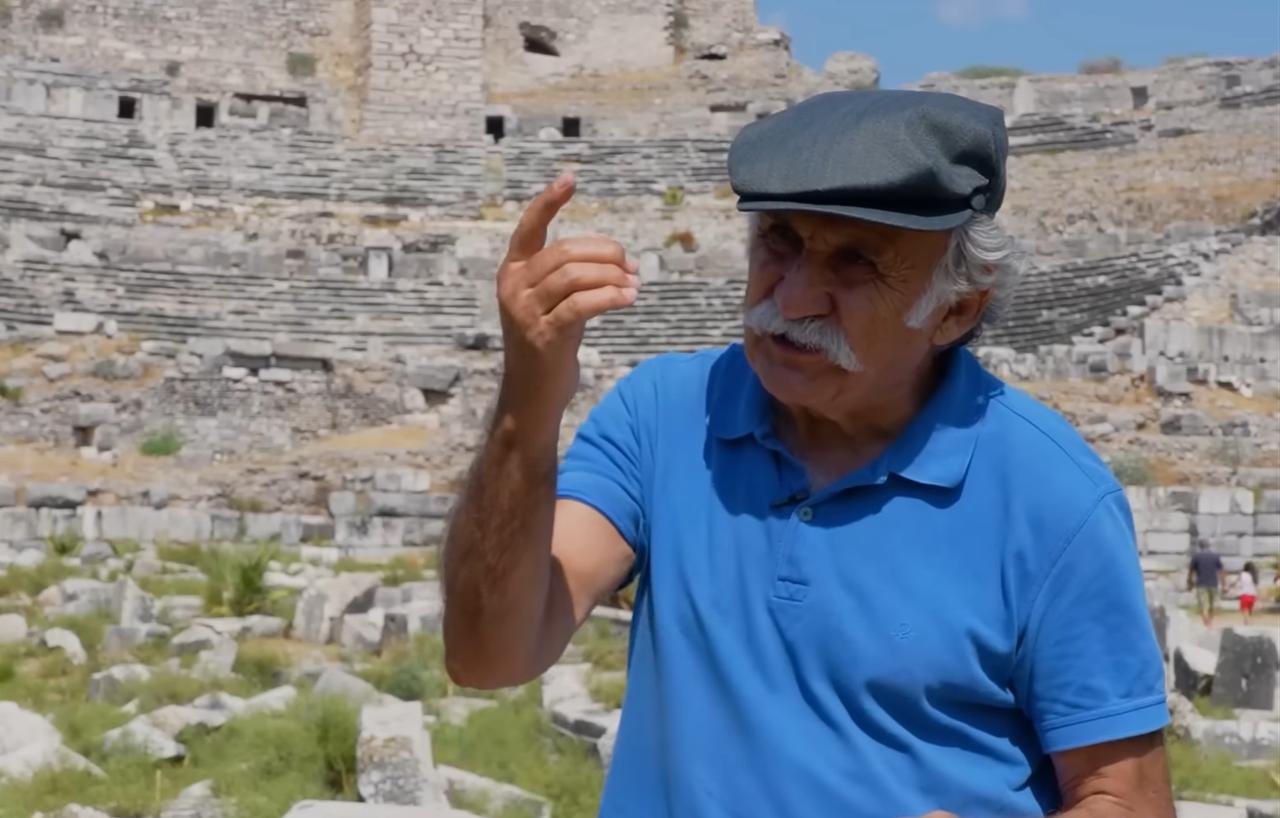
President Recep Tayyip Erdogan, on Oct. 29, named archaeologist and academic Professor Fahri Isik among the recipients of the 2025 Presidential Culture and Arts Grand Awards, placing his decades-long work on Anatolian archaeology alongside leading figures in science, painting, music and photography.
The announcement was made at a Republic Day ceremony at the Presidential Complex in Ankara.
President Erdogan said the award in the “Anatolian Archaeology” category was granted to Professor Isik, who is known in academic circles as the scholar who helped introduce Antalya and the wider Mediterranean region to archaeology through long-term fieldwork and university-based training.
He has consistently argued that the deep cultural layers found across Anatolia cannot be reduced only to Greek, Roman, Persian, or other outside traditions but should be read as parts of a wider and older Anatolian civilization.

Isik was born on Oct. 27, 1944, in Malatya, a city in eastern Türkiye whose historical setting later informed his view of the region’s long continuity.
After graduating with high honors from Ankara University, Faculty of Language, History, and Geography, in Classical Archaeology and Contemporary Anatolian Archaeology, he went to Bonn in 1966 to continue his studies at the Rhein Friedrich Wilhelm University’s Archaeology Institute.
In 1973, he completed his doctoral thesis titled “Die Koroplastik von Theangela in Karien und Ihre Beziehungen zu Ostionien zwischen 560–270 v.Chr.,” a study that examined Anatolian material culture and its connections with neighboring regions, showing how local artistic production interacted with wider eastern Mediterranean networks.
Following his doctorate, Isik returned to Türkiye in 1973 and joined Ataturk University in Erzurum as a research assistant.
He became an associate professor in 1976 and a professor in 1983, building courses that linked field evidence to classroom teaching so that younger researchers could work directly with original finds.
In 1990, he moved to Akdeniz University and founded the Archaeology Department, where he taught undergraduate, MA and PhD students until 2011.
Even after retirement, he continued to lecture at Burdur Mehmet Akif Ersoy University in Classical Archaeology, which allowed him to pass his field experience on to a new generation of archaeologists.

In 1988, Isik launched excavations in the ancient city of Patara on Türkiye’s Mediterranean coast.
The excavations, which were later handed over to Professor Havva Iskan, have been described in his own accounts as proof that the roots of many cultural forms in the region stretch back to Anatolian traditions.
He underlined that Western scholars often attributed these layers mainly to Greek, Roman, Italian, Macedonian, Arab or Persian influences, but he maintained that the main line of development began in Anatolia itself and then interacted with these powers.
His book “Civilization Was Born in Anatolia" summed up this perspective and invited readers to see the peninsula not as a passive bridge but as an original center.
Because he founded the Archaeology Department at Akdeniz University and brought Patara to academic and public attention, Isik has often been described as “the scholar who introduced Antalya to archaeology.”
In interviews, he stressed that every potsherd is a gateway to a time journey and that archaeology is not only about stones but about tracing time itself.
This stance, combined with his insistence on an Anatolia-centered reading of Mediterranean history, appears to have been a decisive factor in his selection for the presidential award.